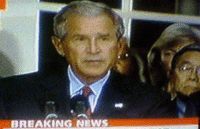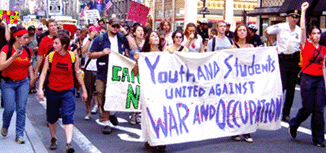
Algeria: How Clean Can One Wipe The Slate?
On September 29th, 97% of those voting in the Algerian referendum on Peace and Reconciliation voted yes for peace and reconciliation. Was this a necessary act of popular catharsis after some 13 years of violence? Or was it a government-staged show to reinforce its power? Both are real possibilities. It is important to analyze the results carefully as violence-torn countries need to find techniques to write "The End" to cycles of violence and counter-violence and to begin life again with a clean slate. But does such renewal mean that those who have killed and tortured should be free from possible trials? Much of the killing in Algeria - estimates are of over 200,000 - took place in rural towns and villages where people knew or thought they knew who was doing the killing. Is it possible to live an ordinary life now side by side with murderers?


